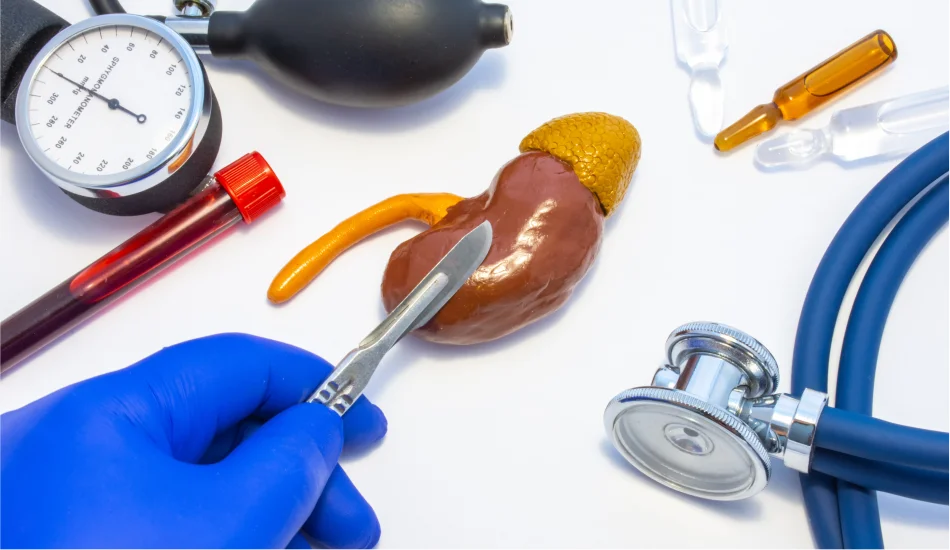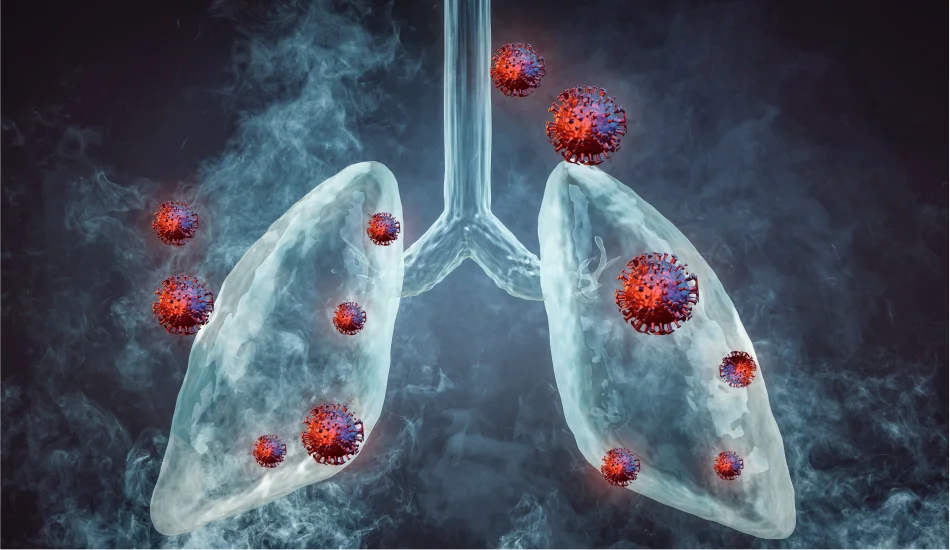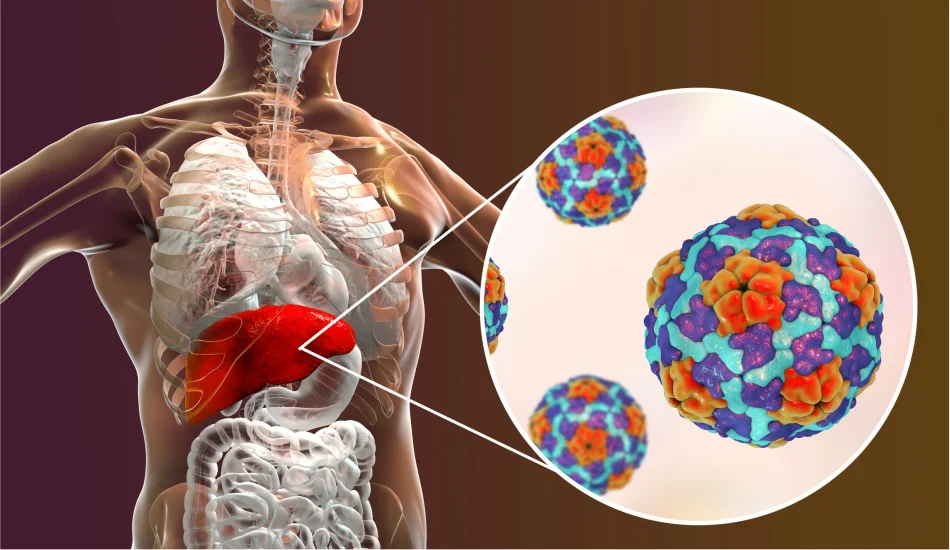
Nephrectomy is the surgical procedure that removes the kidney. This procedure may be required to treat various ailments including renal cancer or severe damage to the kidney or the donation of one of the kidneys for transplantation. Knowing the procedure of nephrectomy and its various forms, indications, as well as the recovering process can assist family members and patients make educated choices. In this comprehensive manual, you will explain all you must be aware of about nephrectomy, making sure that you are prepared for your journey to the next level.
What is Nephrectomy?
Nephrectomy is the removal by surgery of the kidney. The kidneys are essential organs that eliminate waste from blood, regulate blood pressure and ensure electrolyte and fluid balance. If there is damage to one of the kidneys or ill Nephrectomy might be required to maintain the overall health of the patient.
Types of Nephrectomy
There are a variety of nephrectomy techniques and each one is tailored to specific medical requirements:
- Radical Nephrectomy
-
- Full Kidney Removing The method involves the extraction of whole kidney, as well as the surrounding fat tissue as well as the adrenal gland and, sometimes, lymph nodes nearby.
- Indications are typically performed to treat kidney cancer or injury on the kidney.
- Partial Nephrectomy
-
- Kidney-Sparing Surgery only the damaged or diseased part of kidney tissue is eliminated, while preserving the healthy tissues.
- Indications The best choice to treat small renal tumors or localized kidney damage or congenital disorders.
- Simple Nephrectomy
-
- Single Kidney Removing The kidney in its entirety is removed, without any impact on the tissues surrounding it.
- Indications are often used to treat benign conditions such as severe kidney infections, kidney stones which cause irreparable damage, a kidney that is not functioning.
Indications for Nephrectomy
Nephrectomy is a procedure for a variety of ailments, including:
- Kidney Cancer This is by far the most commonly used treatment for nephrectomy, particularly those where tumors are large or has a high degree of aggressive.
- Kidney Injury Trauma or damage to the kidney which is not repairable.
- Chronic Kidney Disease A progressive kidney disease that can cause irreparable injuries and complications.
- Kidney Donation Healthy people can undergo nephrectomy for the purpose of donating one kidney to transplant.
- Congenital abnormalities such as birth anomalies or other conditions that hinder kidney function.
Preparing for Nephrectomy
The preparation for nephrectomy requires a number of steps to ensure patient security and best outcomes:
- Medical Evaluation
-
- Comprehensive assessment complete information about your medical history, physical exam as well as testing for diagnostics (blood tests or images studies) to determine kidney’s function and general health.
- Consultation with specialists Discussions with Urologists, nephrologists, as well as anesthesiologists in order to plan the surgery and discuss any issues.
- Pre-Surgery Instructions
-
- Fasting Patients are typically ordered to fast for several hours prior to the procedure.
- Medical Management Adjustments to medications currently in use, including blood thinners as well as medications that impact kidney function.
- Lifestyle Changes Recommendations for eating a balanced eating plan, smoking cessation and avoiding alcohol in order to improve the outcomes of surgery.
The Nephrectomy Procedure
Nephrectomy can be carried out using various surgical methods dependent on the health of the patient as well as the surgeon’s skills:
- Open Nephrectomy
-
- Traditional Method An incision of a large size is cut on the side or abdomen to gain access to the kidney.
- Benefits Direct visualisation and access to the kidney and its surrounding structures.
- Negatives A longer recovery time, greater postoperative pain, and a more extensive scar.
- Laparoscopic Nephrectomy
-
- Minimally Invasive Method Incisions of a small size are made, and a lparoscope (a thin tube equipped with cameras) as well as surgical tools are utilized to eliminate the kidney.
- Advantages Improved recovery time with less postoperative pain and less scabs.
- Negatives Needs special skills in surgery and is not appropriate to all types of patients.
- Robot-Assisted Nephrectomy
-
- Advanced Minimally Invasive Technique uses robotic arms controlled by a surgeon to carry out the procedure in a precise manner.
- Advantages Improved accuracy, decreased loss of blood and faster recovery.
- Negatives Costs are higher and only available to special centers.
Recovery After Nephrectomy
The recovery process after nephrectomy is comprised of multiple stages. The timeframe can differ based on the kind of procedure and the overall health of the patient.
- Immediate Postoperative Care
-
- Hospitalization patients are typically within the hospitals for couple of days to track recovery and treat the pain.
- The concept of pain management Medicines are available to manage discomfort and pain.
- Monitoring Regular checks of vital indicators as well as kidney function and healing of wounds.
- At-Home Recovery
-
- Limitations on Activity Avoid extreme lifting, strenuous activity as well as driving for a couple of weeks.
- Wound care Keep an area of the surgery clean, dry and tidy observing the instructions given by the surgeon regarding dressing modifications.
- Nutrition and Hydration Maintaining a healthy diet and hydrating to help heal.
- Follow-Up Care
-
- Regular check-ups Regular check-ups scheduled with the doctor to check the kidney performance, blood pressure and overall health.
- Labor Tests The blood and urine tests to determine kidney function and to detect problems.
- Modifications to Lifestyle Recommendations to live an active lifestyle that supports the kidney’s remaining function.
Potential Complications
While nephrectomy can be considered to be secure, it’s important to be aware of possible complications:
- Infection Infection symptoms are swelling, redness and a discharge from the incision areas. It is imperative to seek medical attention immediately in the event of these symptoms.
- Bleeding Internal bleeding could be a problem, and require surgical intervention to fix the problem.
- Damage to the Organs Around It There is a chance of injury to nearby organs, like the liver or intestines during the procedure.
- Kidney Function The remaining kidney will have to be able to compensate to make up for loss from the kidney, which is difficult for patients who have preexisting kidney problems.
Conclusion
Nephrectomy is a crucial operation for kidney-related ailments, ranging from cancer to serious damage and donations for transplantation. Understanding the various forms of nephrectomy, their indications for the procedure, and the recovery process can make patients feel more secure and prepared. If you or someone close to you is considering nephrectomy consult with your medical team and examining all options is vital for ensuring the best result. New techniques for surgery continue to enhance the efficiency and safety of nephrectomy. This procedure offers hope and healing for many patients.



